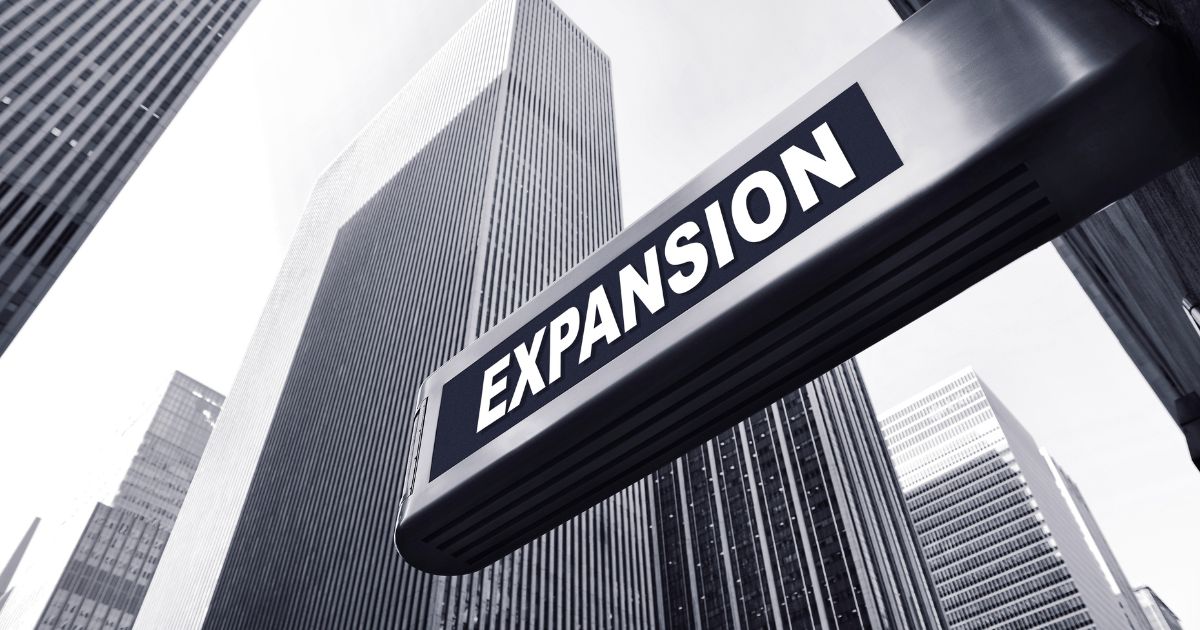Gen Z has entered the workplace, and they bring fresh ideas about how work should be done. They take mental health seriously, maybe more than any other generation before them. But as they make their mark, there’s been some tension with older colleagues. The big question is: Are Gen Z’s standing up for themselves or just finding excuses to slack off?
Older generations in the office often think Gen Z’s are hard to deal with. They perceive their requests for flexible hours, mental health days, or remote work as signs of laziness. But Gen Z’s say they’re just trying to create a healthier work life balance.
This generation isn’t shy about speaking up. They’re willing to challenge old-fashioned rules and suggest changes, like less strict dress codes or fewer long meetings. But not everyone agrees. Some people think Gen Z’s expect too much and aren’t ready to handle the realities of work life, where you can’t always get what you want.
There’s a huge generation gap which causes a lot of misunderstandings. Both generations can’t understand each other’s languages at all, and both think their way is the right way, which leads to a barricade between them.
Both sides need to communicate and understand each other. Employers should listen to Gen Z’s ideas and try to find a middle ground, like offering some flexibility while maintaining clear rules. At the same time, Gen Z’s need to be patient and realize that some changes take time, and some things don’t need to change.
Workplaces are successful when people cooperate. It’s not about throwing out all the old ways or making everything new. It’s about finding a balance where everyone feels good and gets the job done. And if the cards are played right, both can have the best of both worlds, a comfortable working environment, and a job that gets done. Period.




















Discussion about this post